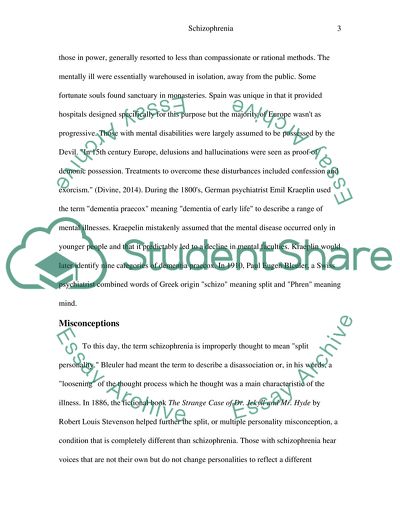Cite this document
(Schizophrenia Mental Disorder Coursework Example | Topics and Well Written Essays - 2500 words, n.d.)
Schizophrenia Mental Disorder Coursework Example | Topics and Well Written Essays - 2500 words. https://studentshare.org/psychology/1851269-schizophrenia
Schizophrenia Mental Disorder Coursework Example | Topics and Well Written Essays - 2500 words. https://studentshare.org/psychology/1851269-schizophrenia
(Schizophrenia Mental Disorder Coursework Example | Topics and Well Written Essays - 2500 Words)
Schizophrenia Mental Disorder Coursework Example | Topics and Well Written Essays - 2500 Words. https://studentshare.org/psychology/1851269-schizophrenia.
Schizophrenia Mental Disorder Coursework Example | Topics and Well Written Essays - 2500 Words. https://studentshare.org/psychology/1851269-schizophrenia.
“Schizophrenia Mental Disorder Coursework Example | Topics and Well Written Essays - 2500 Words”. https://studentshare.org/psychology/1851269-schizophrenia.


